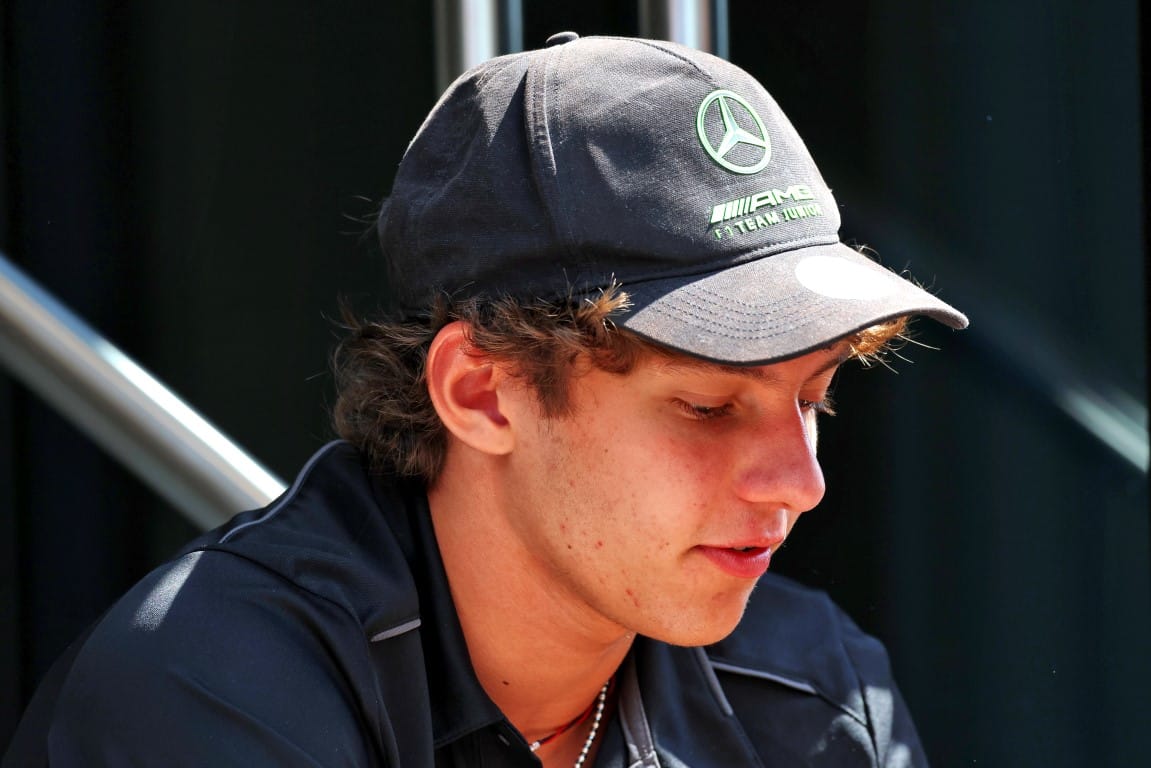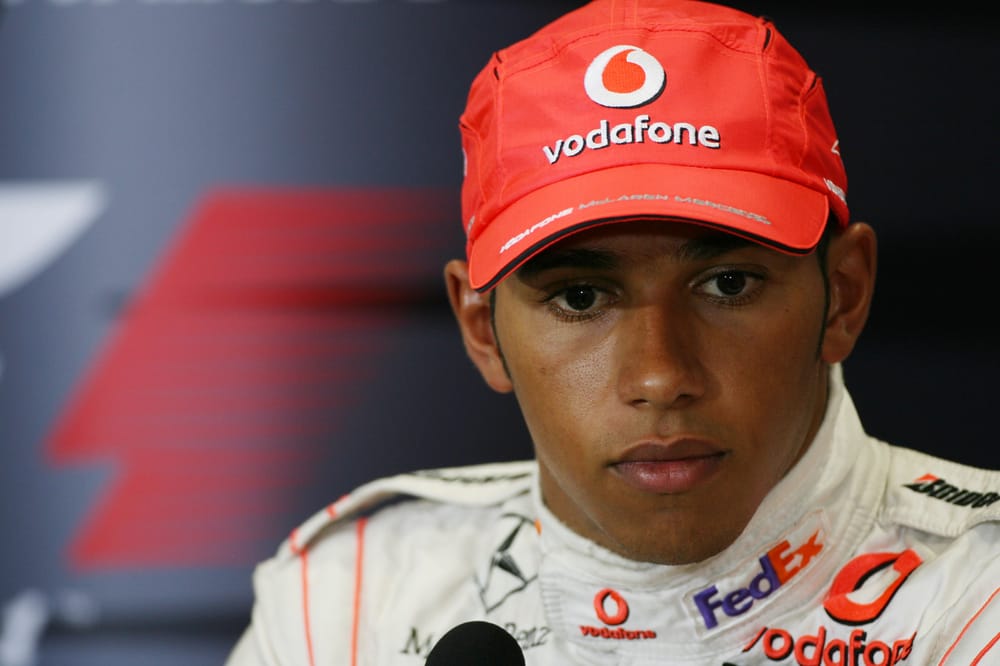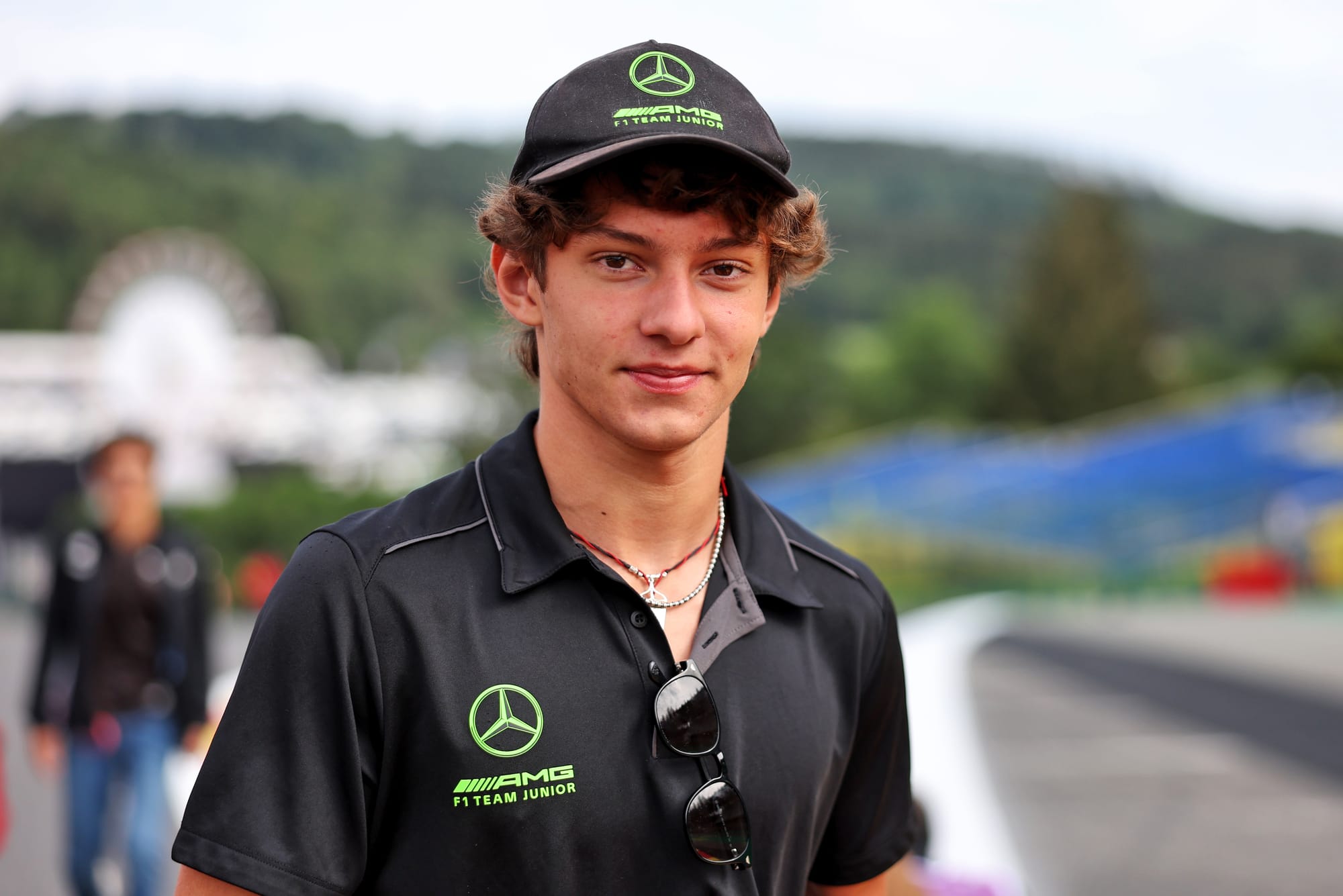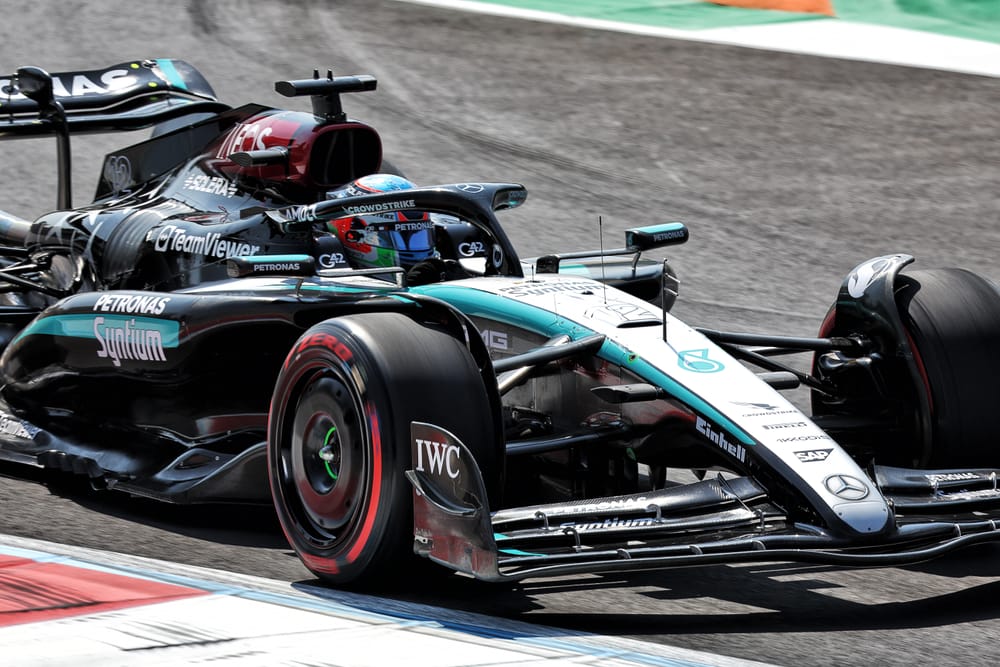Up Next

Kimi Antonelli’s graduation to Formula 1 marks the first time since Lewis Hamilton’s first season in 2007 that a rookie has got their opportunity with a top team.
There is a big buzz around Antonelli as the next big thing and the absence of an apprenticeship in a smaller team immediately puts an intense spotlight upon him, just as it did with Hamilton when he made his debut with McLaren.
It’s all the more fitting that Antonelli is Hamilton’s replacement. So not only a rookie in a top team, but a rookie replacing the most successful driver of all time. As challenges go, it would be difficult to think of a tougher one.
Hamilton famously fought for the championship as a rookie and took the fight to his team-mate Fernando Alonso. While it’s not a given the 2025 Mercedes is going to be as competitive as the 2007 McLaren, it might be.
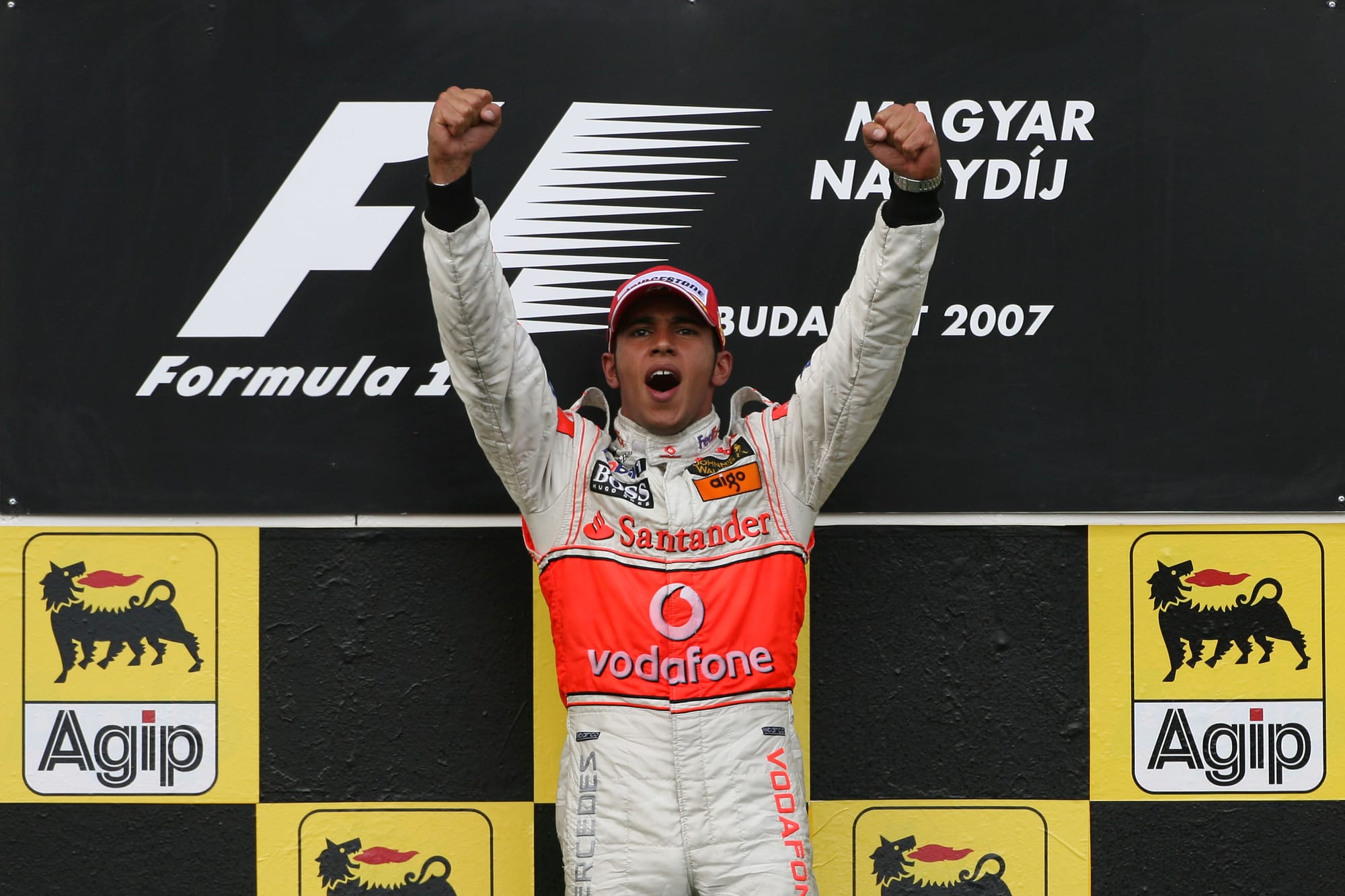
Could we be about to see history repeating in a spiral of historic synchronicity?
It’s asking too much. The situations are not quite as comparable as they seem on the surface. Antonelli arrives as an 18-year-old with just three seasons of car racing under his belt. Hamilton was four years older and had served five seasons in the junior categories after karting.
Those extra few years of maturity and experience make a big difference.
Hamilton’s first season of car racing, in 2002, was in the British Formula Renault championship with Manor Motorsport, two years after the team had won the title with Kimi Raikkonen (another swirl of synchronicity there ahead of the other Kimi's debut).
Raikkonen had been essentially unbeaten in Formula Renault, this the springboard to his F1 graduation with Sauber in 2001. Hamilton was super-fast, but it took two seasons for him to win that title. He wasn’t at the same stage in his development as Raikkonen had been – and Manor boss John Booth made the comparison.
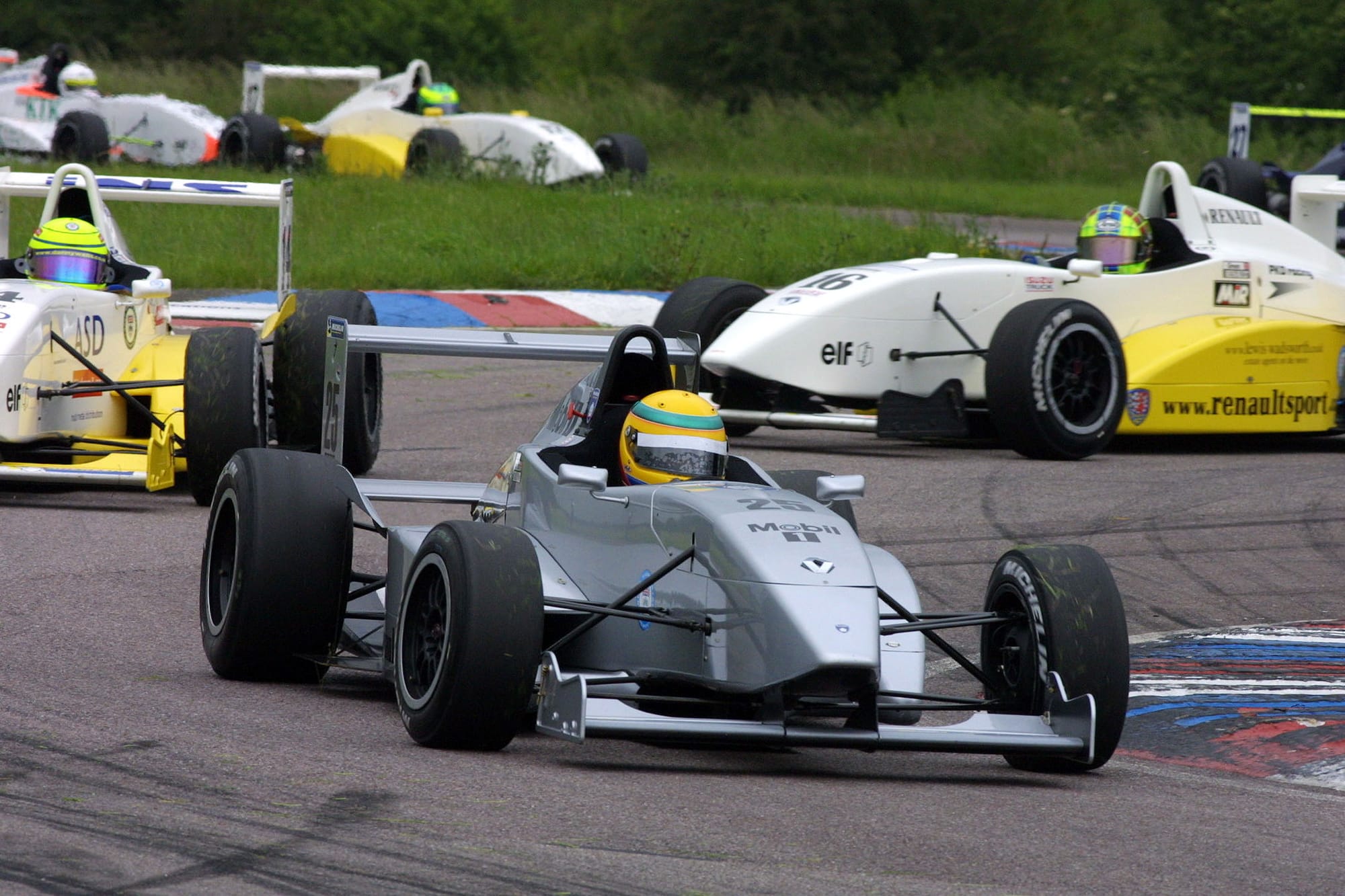
“Although it was [Raikkonen’s] first season of car racing, he was 20-21 when he raced for us. Lewis was 17," Booth said.
"Because [Raikkonen] had not had the money behind him to progress from karting, he’d stayed there for an extra three or four years – and they make a big difference, especially when you are talking about the difference between a 17- and a 21-year-old. So he was much better prepared than Lewis, who came to us much more of a raw package, blindingly quick, just as Kimi had been, but not yet as rounded as Kimi had been.”
Hamilton raced for two years in Formula Renault, two years in European F3 and a single title-winning season in GP2. He and his father Anthony were at times frustrated at McLaren’s insistence on him winning championships before moving him up a category, but it did mean that, when the F1 vacancy arose, he was very well-prepared. Around 5000 miles of pre-season F1 testing made him even more so.
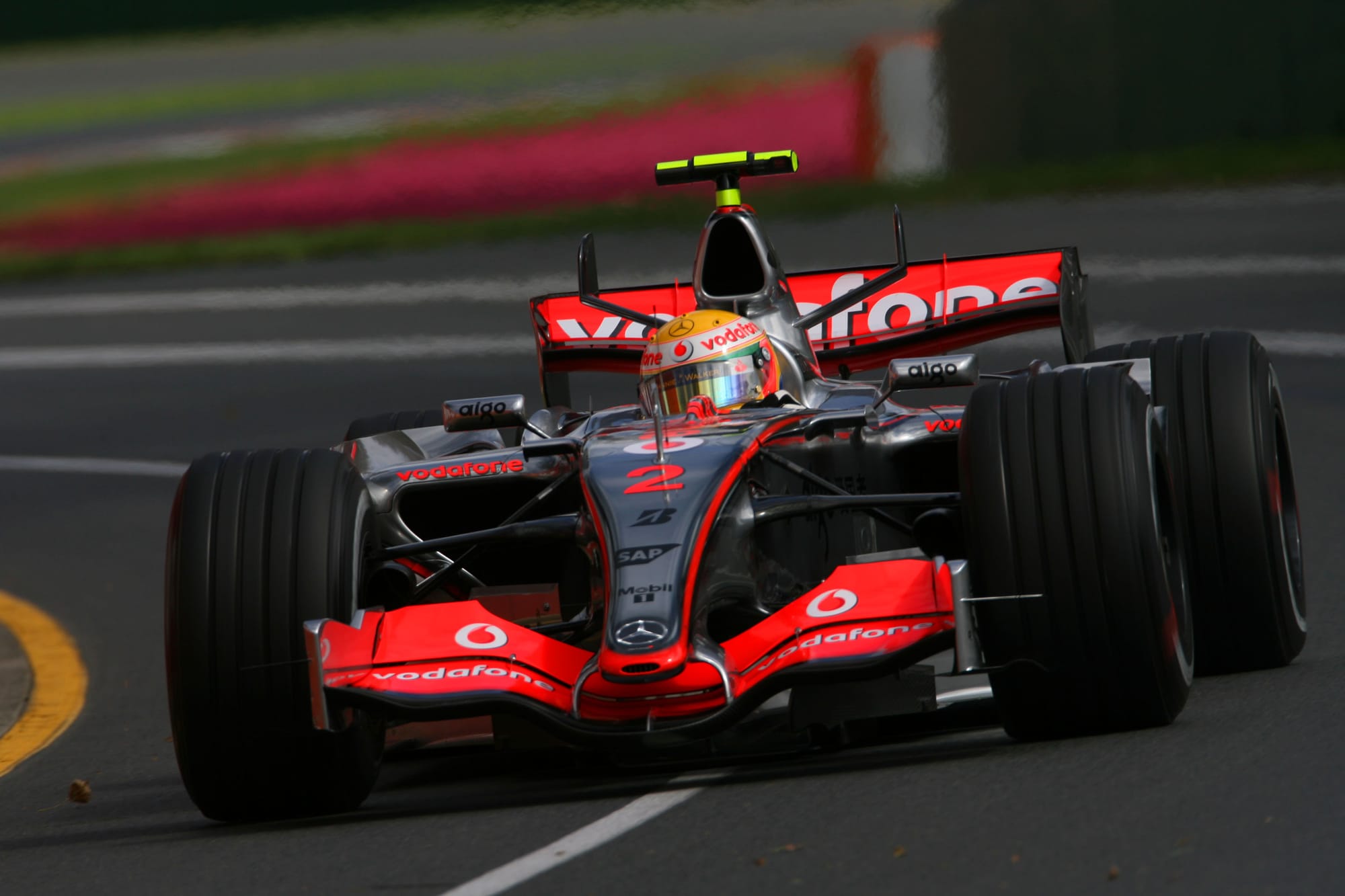
The 22-year-old making his debut in Melbourne who was quick enough to force Alonso to use an extra set of new tyres to outqualify him (much to Alonso's irritation) and who finished on the podium and would go on to lead the championship until the final round was a very different driver to that Formula Renault rookie of five years earlier. Partly because of his experience, but also because of the natural development of anyone between those ages.
Although the brain has usually stopped growing by the mid-teens, neuroscientists tell us that it will spend these late-teens/early-20s years fine-tuning, notably in the pre-frontal cortex, which is associated with ‘planning, prioritising and making good decisions’. It’s the last part of the brain to mature.
Yes, but Max Verstappen. Grand prix winner at 18 years old, first time in a competitive car.
Sure, the age doesn’t mean you can’t be fast and successful immediately. But the sort of consistent delivery required to win titles?
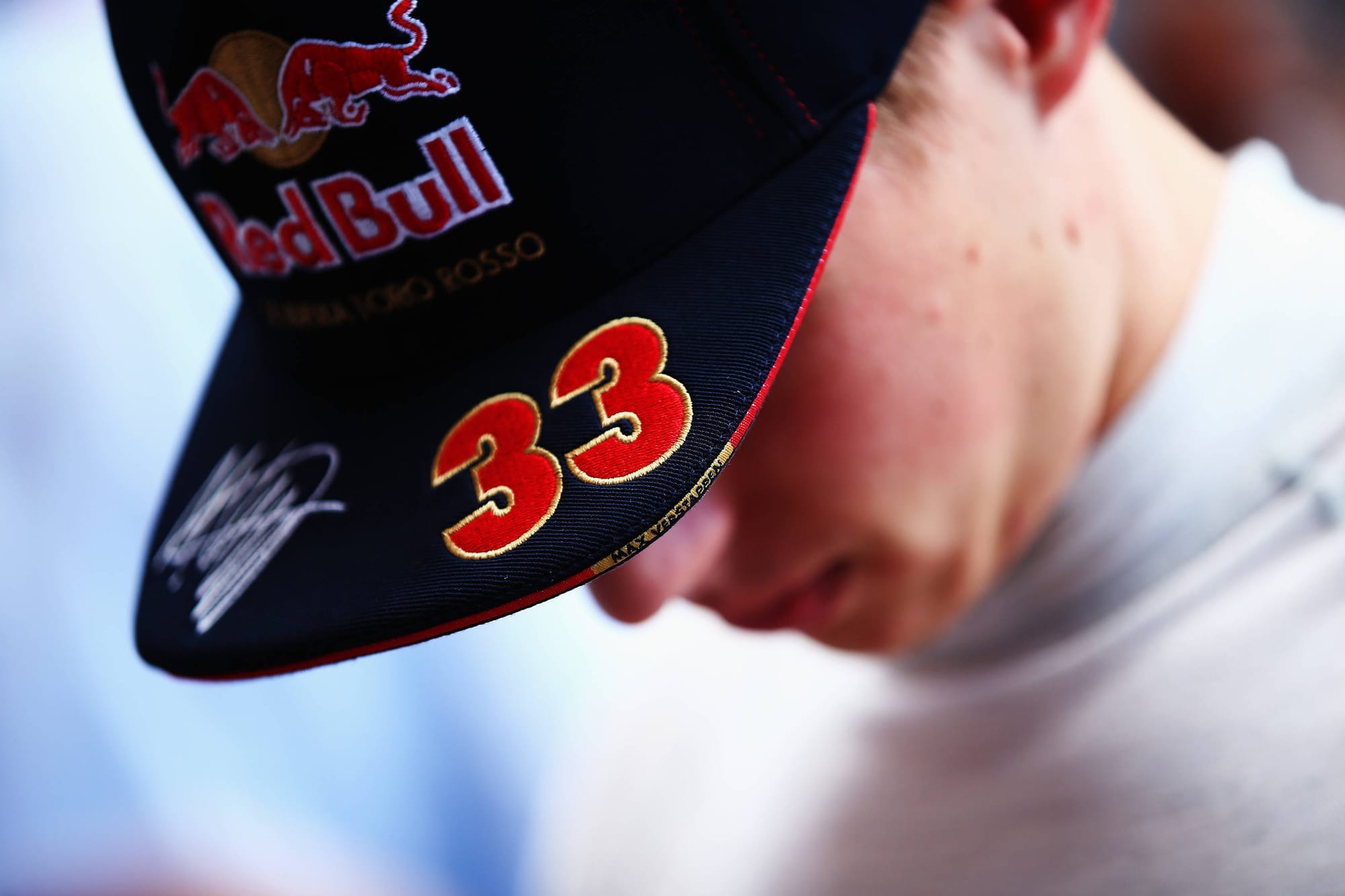
Let’s rewind a year from Verstappen’s win in Spain 2016, his rookie season as a 17-year-old in a Toro Rosso. There were some starring moments – second-fastest in Monaco FP1, barely slower than Hamilton’s Mercedes, the great fourth place at Austin un-flattered by retirements, some great high-octane overtakes – but inevitably there were a few quiet, unremarkable weekends, too. Had he been in a championship-calibre car such weekends would have punished his title prospects. Also, he was no quicker than his team-mate, 20-21-year-old Carlos Sainz, also a rookie but one with five years of junior car racing experience.
Comparing Verstappen’s rookie season with Hamilton’s is not a fair comparison not only because of the calibre of their machinery - but also because of their development and experience.
So coming back to Antonelli, he’s sensationally gifted. Expect him to be super-quick and look forward to the moments of virtuosity. But at 18 years old and just three years of car racing, setting Hamilton as his rookie barometer isn’t fair.
